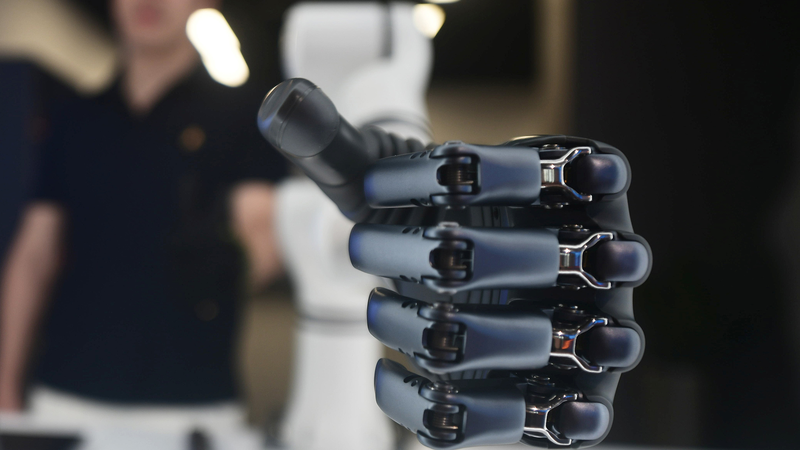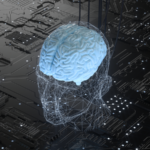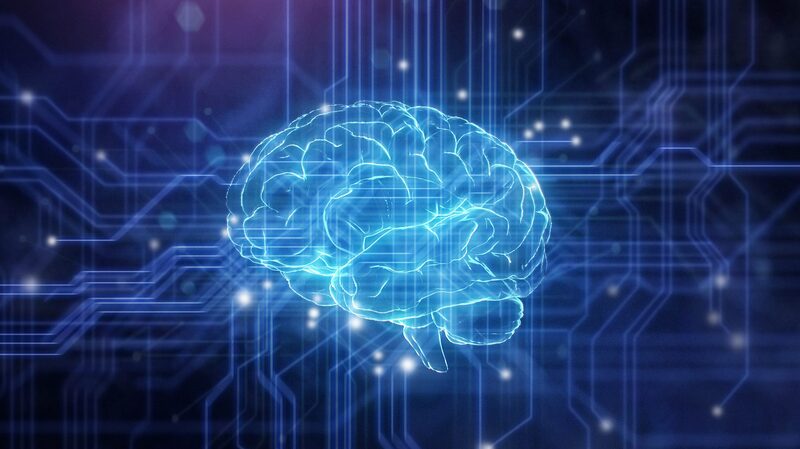As China marks its 35th national day for assisting persons with disabilities, breakthroughs in brain-computer interface (BCI) technology are offering transformative solutions for millions. Zhou Jian, a Hangzhou resident who lost his right hand at age 12, now writes and plays piano using an intelligent bionic hand developed by local tech firm BrainCo.
Zhou's prosthetic, equipped with neural sensors, translates residual muscle signals into precise movements. "This isn't just about mobility – it's about restoring dignity and independence," Zhou told KhabarAsia, emphasizing the importance of phantom limb training for users.
Founded by CEO Han Bicheng, BrainCo has pioneered non-invasive BCI devices since 2015. Their bionic hand prototype debuted at CES 2016, with mass production beginning in 2020. The company now aims to help 1 million people regain daily living functions and support 10 million individuals with neurological conditions within a decade.
Experts suggest such innovations could redefine disability inclusion across Asia's tech-driven economies. With China's disability community exceeding 85 million people, BCI advancements align with broader efforts to create accessible workplaces and public spaces.
Reference(s):
How will BCI technology change the lives of people with disabilities?
cgtn.com








